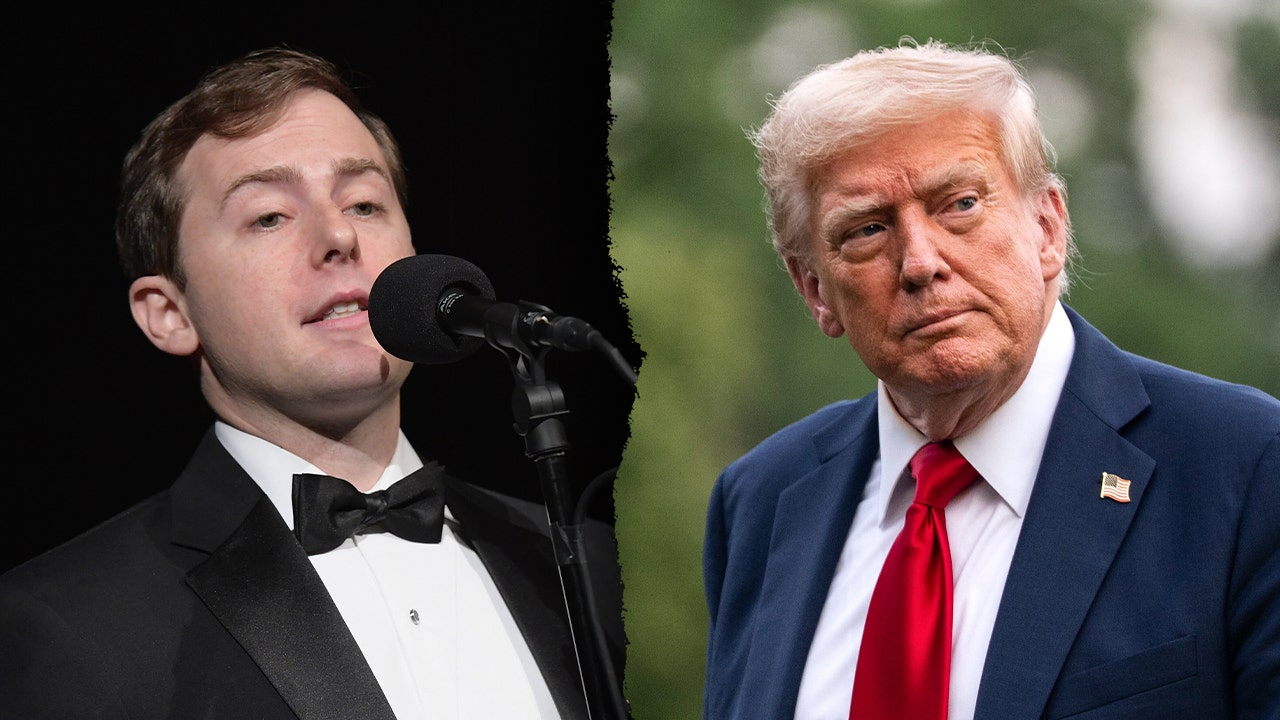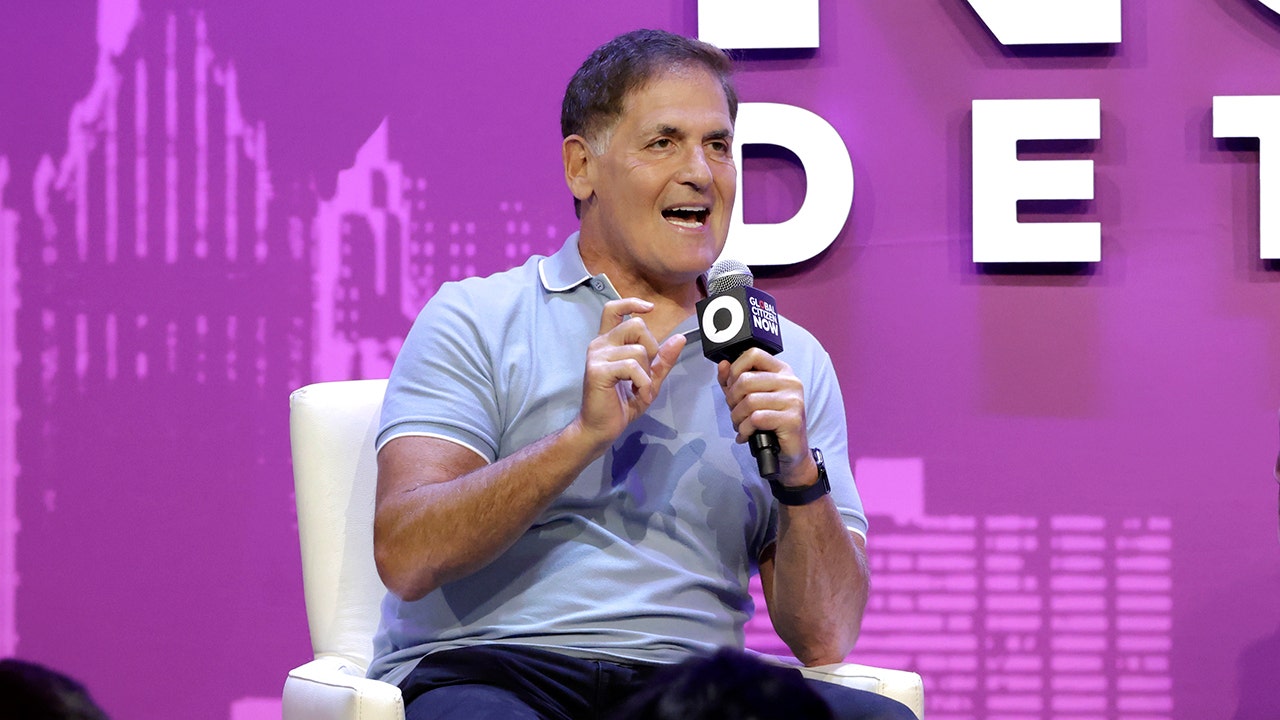‘The buildings that are in the worst shape right now … are co-owned by the city,’ one local real estate pro says
New York City socialist Zohran Mamdani has pledged to target “negligent” landlords and seize their properties if elected mayor. Local real estate experts told the Washington Free Beacon the policy would mark a significant expansion of city power—and lower the quality of affordable housing for New Yorkers.
Mamdani’s housing policy memo vows to punish landlords who “repeatedly put New Yorkers at risk,” including by forcing them to sell their property “through a public foreclosure process.” Mamdani would, in theory, have the power to do so: The mayor’s office can temporarily seize buildings under New York’s Real Property Actions and Proceedings Law.
The city used that law in the 1970s and ’80s amid a housing crisis to take over abandoned buildings and work with local nonprofits to rehabilitate them. Mamdani’s plan, however, appears to cast a much wider net by applying the law on a “case-by-case basis” to “non-compliant” buildings rather than abandoned ones.
Mamdani says doing so will see the city turn “poor quality housing” into “deeply affordable” and “safe” homes. New York City real estate professionals disagree. They point to the poor quality of the city’s already existent public housing, which is known for “dreadful living conditions” and high rates of violent crime. By “supercharging” the public housing system, New York Apartment Association CEO Kenny Burgos argued, Mamdani will reduce the quality of affordable housing, not improve it.
“The buildings that are in the worst shape right now … are co-owned by the city,” Burgos said. “And I think he’ll soon learn that these high violation counts are typically a product of the lack of revenue to cover the cost, and not because owners decide to run buildings poorly.”
The New York City government already acts as landlord to more than 520,000 residents who live in the city’s famously decrepit public housing. The municipal government’s own New York City Housing Authority (NYCHA) watchdog noted in December 2024 that “NYCHA remains substantially out of compliance with several mold and leak requirements,” adding that “83 percent of verified mold complaints involved large mold growths.” The watchdog also deemed NYCHA buildings “out of compliance” in waste management and pest control.
The state of NYCHA buildings came to national attention in 2016, when then-presidential candidate Hillary Clinton visited an NYCHA unit and her look of horror went viral.
![]()
Mamdani has promised to double down on this system, pledging direct city financing of 200,000 more units. And while New York City is famous for its mega-developers, more than a quarter of the city’s housing stock is owned by small landlords with fewer than five units, according to JustFix.nyc, a technology company that tracks property ownership.
The city already has some of the most rent-friendly laws of any major city in the country. Landlords looking to boot deadbeat tenants can be mired in litigation in city housing courts for months, if not years. Mamdani’s broad-brush warning to landlords has some fearing the worst.
John Catsimatidis, owner of D’Agostino and Gristedes supermarkets and the Red Apple Group real estate company, agreed. He told the Free Beacon that Mamdani will have wide latitude to enforce his housing policies if elected mayor.
“The mayor has a lot of power,” said Catsimatidis. “He could direct the district attorney, direct investigators … he can break your nuts. [Mamdani] can certainly make life miserable. He could send the building inspectors and give you 38 violations. I worry about the overall real estate industry in New York City.”
Mamdani, a self-described democratic socialist, has called for “seizing the means of production” and eliminating private housing altogether in favor of community ownership.
“If we want to end the housing crisis, the solution has to be moving toward the full de-commodification of housing,” Mamdani said in a 2021 video for the Gravel Institute. “In other words, moving away from the status quo in which most people access housing by purchasing it on the market and toward a future where we guarantee high-quality housing to all as a human right.”
Eric Dillenberger, a board member of the Small Property Owners of New York organization, told the Free Beacon that Mamdani’s housing policy seems to be an extension of his desire to end private ownership of real estate and paints a troubling picture of the future for small property owners like himself.
“When you look at it through the lens of what can only be a path to expropriation and converting private property into public ownership, it’s difficult to have any level of trust in these conversations,” Dillenberger said.
An Upper East Side landlady who wished to remain anonymous told the Free Beacon that she has “had tons of people call [her] and say, ‘sell your place now, get out while you still can.'”
Read the full article here








